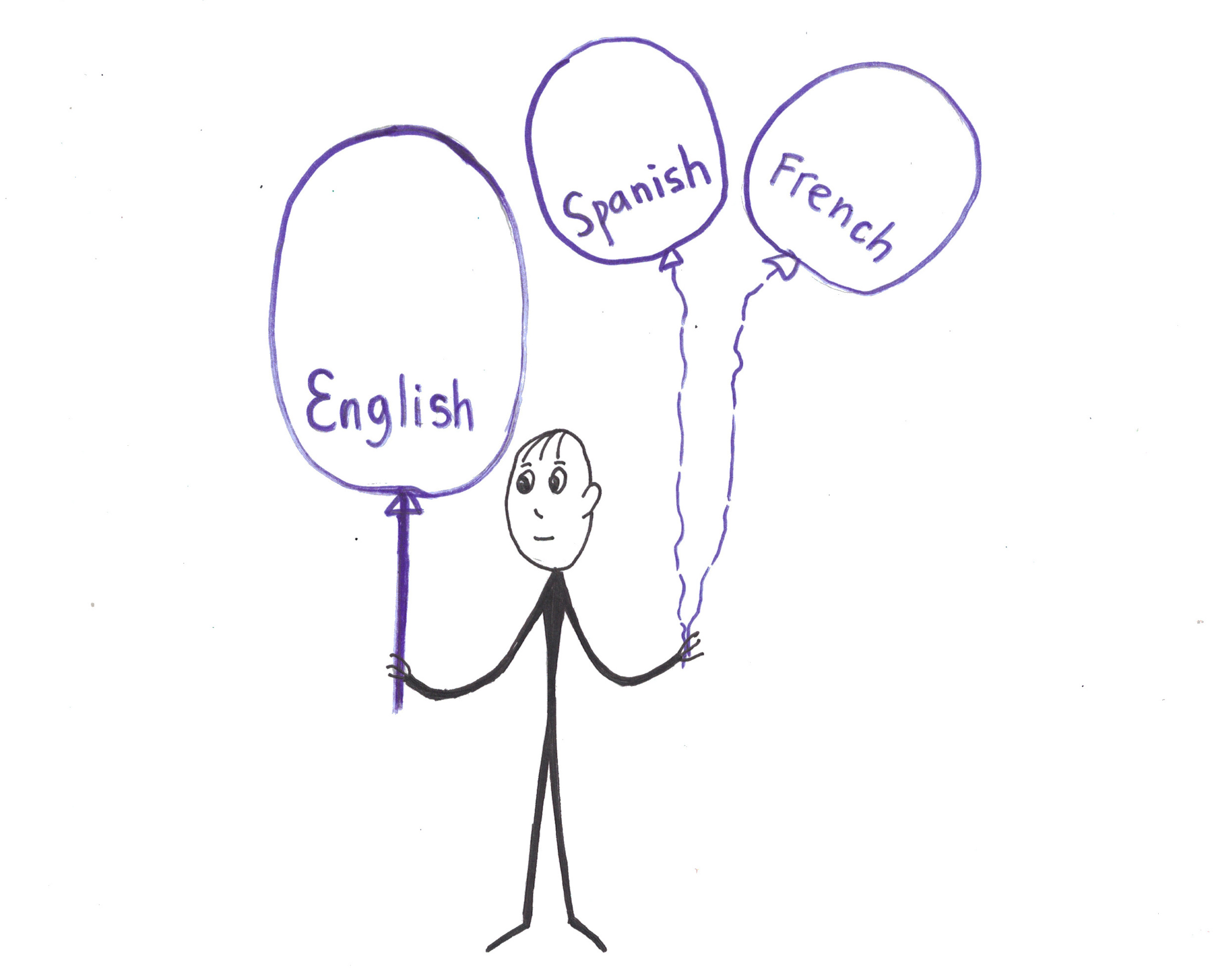
Receptive bilinguals again
If your child does not respond in your language, how and when should you ask them to? Or should you?
Recently, I commented on a post about receptive multilinguals in one of Facebook groups, and my comment was very well received, to the point that some group members suggested to put it somewhere for all to read – which is here.
The post was about trilingual children: one parent speaks Spanish to them, the other parent speaks French to them, and they speak English at school and most other settings. The kids used to be fluent in the parents’ languages; now they seem to understand but respond in English. The author of the post asked how/when to require the kids to respond in Spanish/French.
This is my answer:
Hi, I’m a specialist in bilingualism (I teach bilingual kids, provide consultations for parents, and have my own bilingual kids; my Ph.D. thesis was about receptive bilinguals). What you describe - replying in the majority language even though understanding the parent’s language - is very common, and usually it’s a signal that it’s hard for the kid to speak the parent’s language. Therefore, unfortunately, just requiring them to speak Spanish or French will get you nowhere. I suggest the following. First, try to increase the kids’ proficiency by increased use of Spanish and French: more talking, more books, songs, movies, games; more people speaking these languages, more settings where they are spoken. Second, also for proficiency improvement, sign them up for Spanish and French lessons, preferably group ones. Lessons help with a lot of things: besides increasing the vocabulary size and learning grammar (practical grammar, i.e. how to say this and that correctly), the kids interact with one more adult speaking the language, they see other multilingual kids, they learn academic language (in a broad sense) and not only everyday language, they read and write, and, ideally, they get homework. In case like yours, when kids consistently answer in English, a Spanish/French teacher can test for gaps in grammar and vocabulary (which is usually the case with receptive bilinguals), and work on them during the lessons. Third, I usually suggest that parents establish rules regarding where and when each language is spoken, but now that they’ve been answering in English for a while, it won’t work. You can’t just say “Speak Spanish”, because they might not be able to express their thoughts in Spanish. So I suggest to start with 5 minutes of Spanish (or French) immersion, and if they can go through it without switching to English, they get a small reward. Before you start your 5 minutes, choose the topic and review the words you all might need. Later, you can gradually increase the time. You are right that if you push too hard, you might shut down any communication, so start small and give them tools to succeed (lessons and exposure), and don’t ask to speak Spanish if the child is tired, sick, stressed, etc.
ADVICE
receptive bilinguals strategies understanding speaking